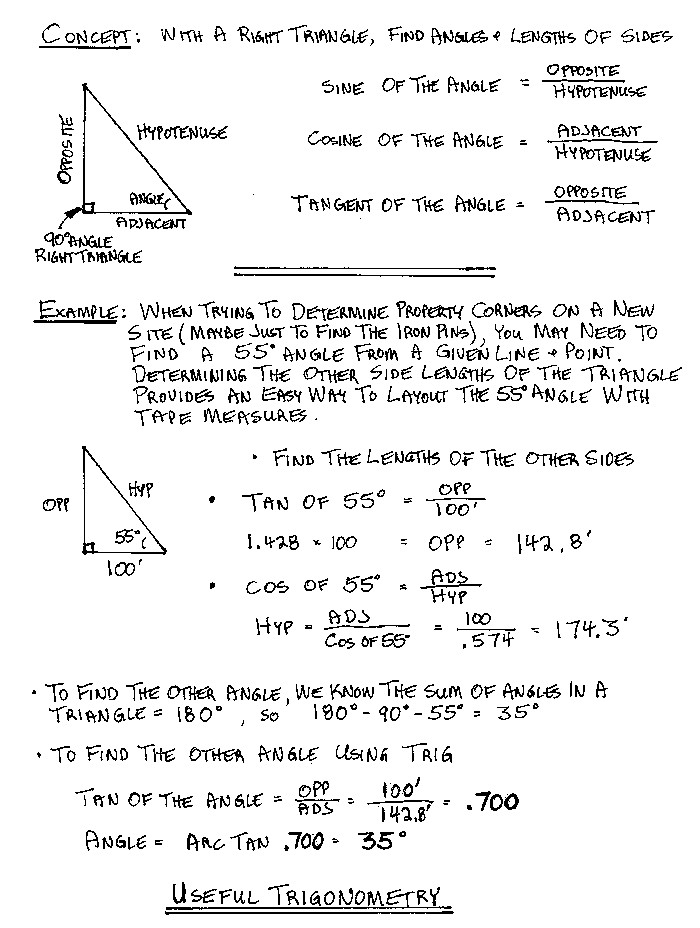|
|
|
It is difficult to obtain enough calcium without consuming milk or other dairy foods.
Approximately one in four people diagnosed with diabetes will develop foot problems. Of these, about one-third will require lower extremity amputation.
Earwax has antimicrobial properties that reduce the viability of bacteria and fungus in the human ear.
A cataract is a clouding of the eyes' natural lens. As we age, some clouding of the lens may occur. The first sign of a cataract is usually blurry vision. Although glasses and other visual aids may at first help a person with cataracts, surgery may become inevitable. Cataract surgery is very successful in restoring vision, and it is the most frequently performed surgery in the United States.
In the United States, there is a birth every 8 seconds, according to the U.S. Census Bureau's Population Clock.







